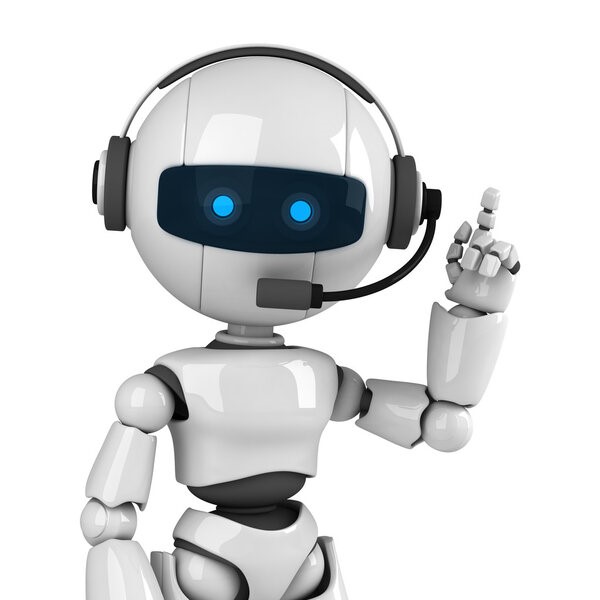Highlight 28/2023 – The interpreting profession in an era of artificial intelligence
Chiara Camoletto, 4 October 2023

The pursuit of progress and the need for communication have always gone hand in hand. In fact, technological discoveries over the centuries have allowed humanity to satisfy and diversify communication. In this sense, the interpreting profession has always been linked to the human need to communicate through language. The origins of conference interpreting date back to the 1919 Paris Peace Conference. This historic event, which marked the end of World War I, led to the creation of the League of Nations and the International Labor Organization. Both entities had their headquarters in Geneva and their operations led to intensive multilingual diplomatic activity with the help of interpreters. Interestingly, at that time the interpreting profession was considered an innate profession and interpreters were often diplomats or military personnel of their country. In this early phase, technology played a rather minor role in the interpreting industry. Attempts to integrate technology into the profession came with what is known as telephone interpreting, but interpreters were unwilling to embrace these solutions. A few years later, the technology officially made its way into the profession at the Nuremberg Trials, when simultaneous interpretation was widely used, and interpreters played a crucial role in ensuring smooth communication during hearings.
Then came the recognition of the profession with the creation of International Association of Conference Interpreters, which established an official framework for working conditions, signed agreements with international organizations and promoted recognition and respect for the profession. International Geneva provides an interesting example of the history of the profession given the diversity of industries that require interpreters, from private companies to international organizations to court interpreters.
The role of computers in written translation demonstrates how the availability of multilingual content on the web and the advent of artificial intelligence has greatly improved machine translation and disrupted the profession. This precedent could provide valuable lessons for the interpreting profession. Much like technology took hold in the interpreting profession, the Covid-19 pandemic has made remote simultaneous interpreting a reality, the impact of which on the profession is whetting corporate appetites and raising concerns about quality assurance and sound quality.
Looking to the future, machine interpreting presents both a daunting and an attractive path, ranging from speech recognition systems to automated interpreting. Add to this, the release of ChatGPT and the advancement of neural networks will certainly have an impact on many professions, including interpreting, mainly because they will change the way we communicate. These technological breakthroughs will influence multilingual communication, but also raise ethical concerns that go well beyond the interpreting community. Timely and compelling regulation of artificial intelligence by a supranational entity that combines the expertise of multiple stakeholders and the appropriate authority is an urgent need that the international community should address.
Chiara Camoletto, Highlight 27/2023 – The interpreting profession in an era of artificial intelligence, 4 October 2023, available at www.meig.ch
The views expressed in the MEIG Highlights are personal to the authors and neither reflect the positions of the MEIG Programme nor those of the University of Geneva.
